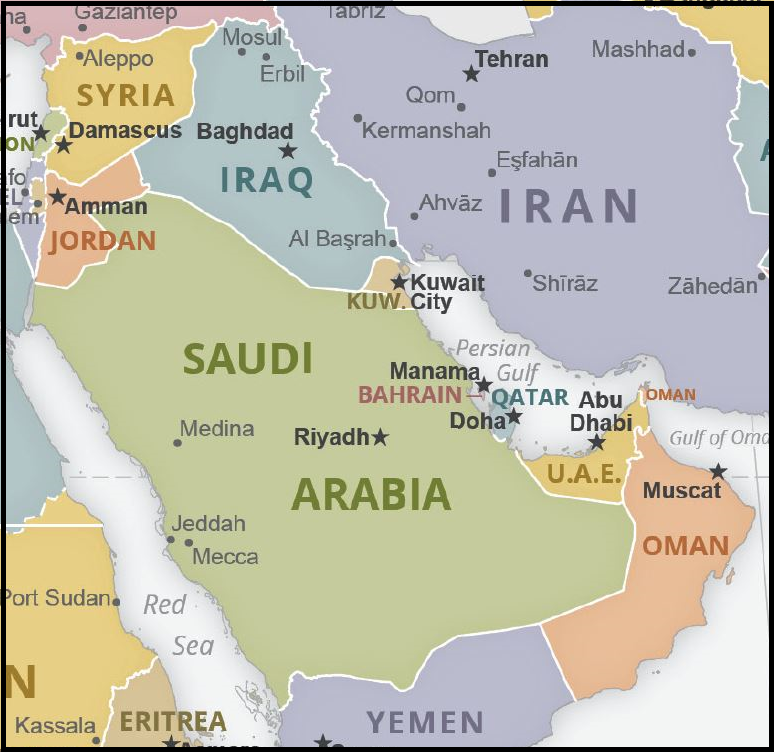7667766266
enquiry@shankarias.in
The Saudi-Iran reconciliation in a China-brokered agreement reflects the new reality that Beijing is increasingly playing a bigger role at a time when the U.S., is preoccupied with challenges elsewhere.
Iran and Saudi Arabia will patch up a 7 year split by reviving a security cooperation pact, reopening embassies in each other’s countries, resuming trade, investment and cultural accords.

Saudi Perspective
Iran Perspective
China’s role as peace broker is yet another sign of changing currents in the region.